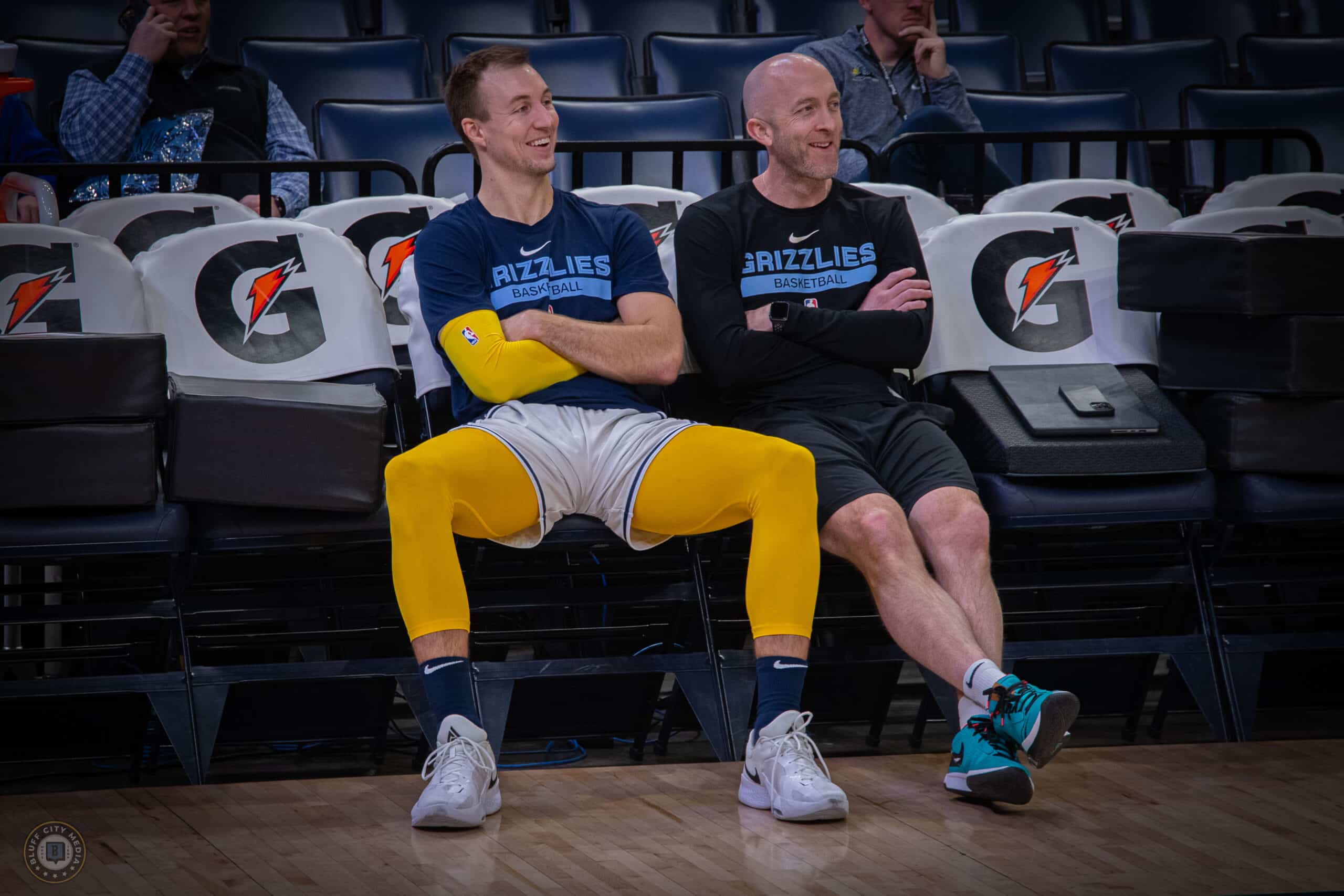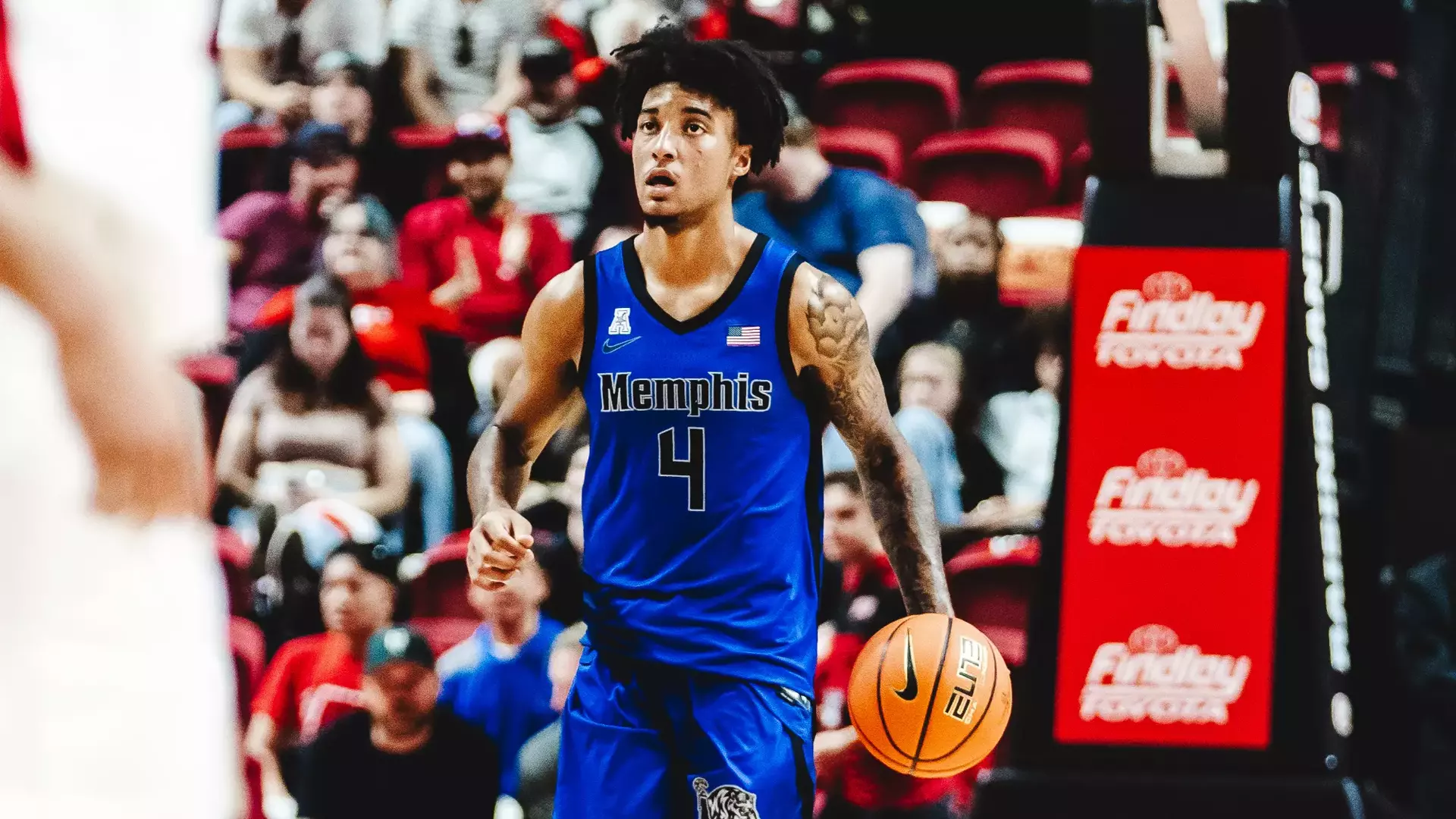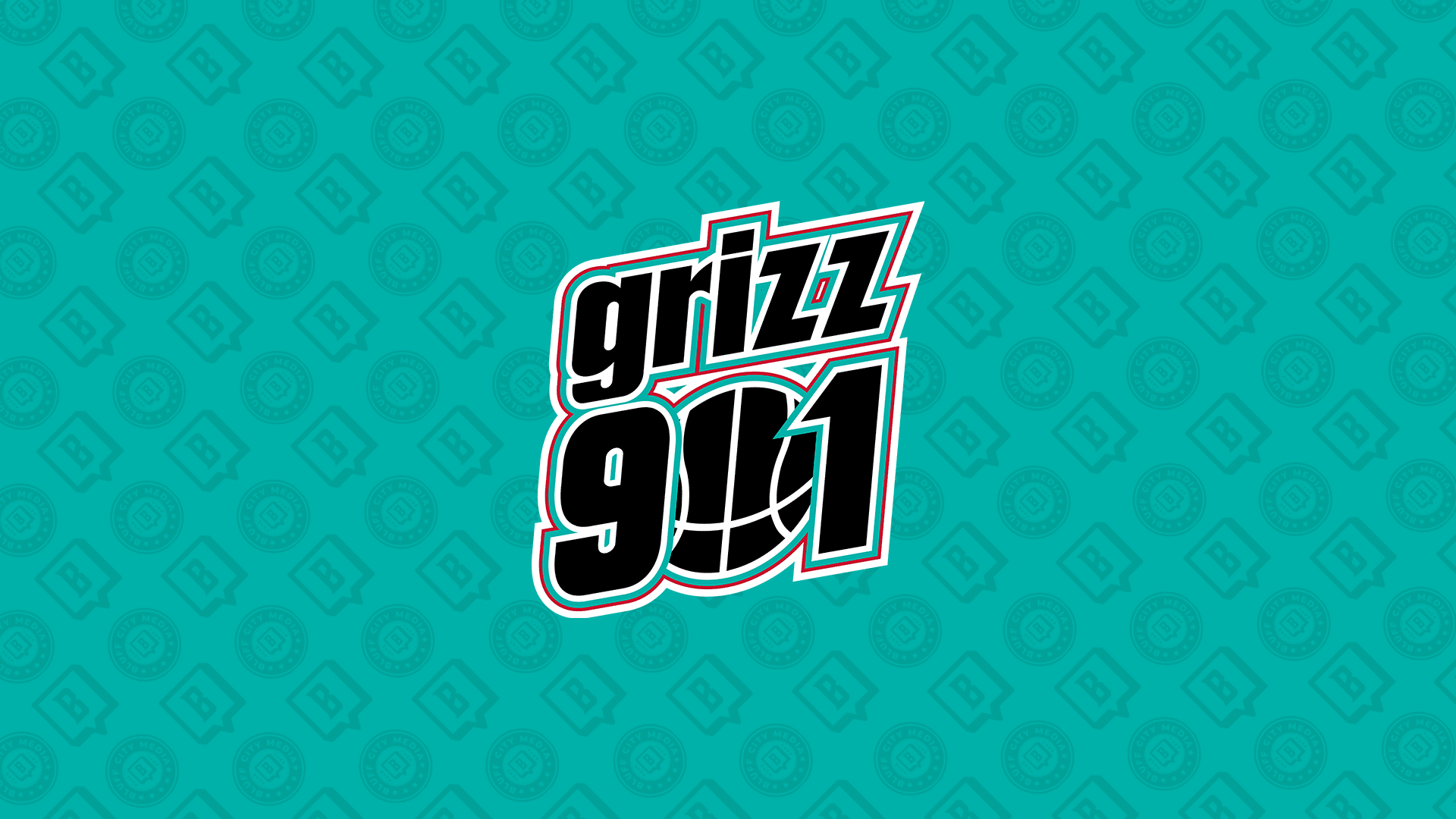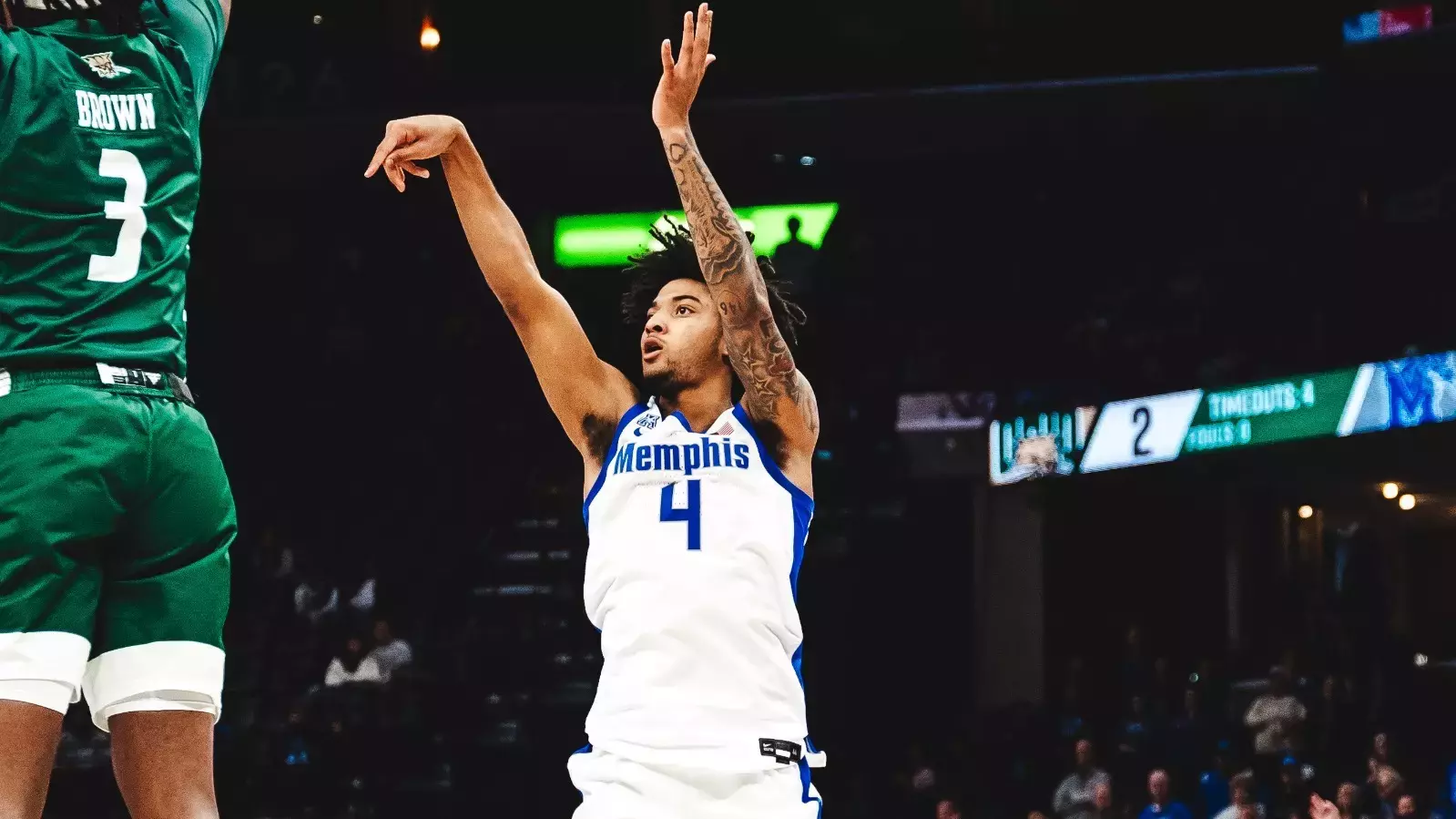Join Today
How Luke Kennard Can—And Will—Be A Sixth Man Of The Year


Journey through time with me to 2006.
Nintendo is releasing the Wii. Enron is standing trial. Pirates of the Caribbean: Dead Man’s Chest reigned over the box office. Daniel Craig was still considered the “new” James Bond.
We mourned the losses of the Crocodile Hunter and Nice Guy Eddy in 2006. We watched as Italy won the World Cup and as Hines Ward won Super Bowl MVP… for some reason.
Sure seemed like everything was simpler in ’06 huh? Include hoops in that too. Back then, the NBA was something you could rely on. Like death and taxes. In 2006, you could count on the Knicks being bad and the Spurs being good. You knew Kobe (RIP) was going to Kobe.
81 points. Enough said.
We knew Ray Allen would let it fly and that we could count on Steve Nash for excellence. We knew what to expect from the league each night and every night.
The vibe in Memphis? Then? That was less certain.
Still in their infancy, the team moved South in 2001. This squad was missing something, still searching for an identity. Grit and Grind was still another five years out, remember?
So what were they working with in ’06? Well, there was Shane Battier, one of the OGs. Also Pau Gasol, who would receive his first All-Star Selection that year. Oh. The Grizzlies also boasted the winner of the league’s Sixth Man of the Year trophy: Mike Miller.
That would be the last time Memphis had a realistic shot at the award. Sure Zach Randolph netted 46 at the conclusion of the 16/17 season. And De’Anthony Melton had 4 votes following the 21/22 season. But that’s it. The entire list of Grizzlies receiving votes since 2015.
Yikes.
Expect that to change after next season though, mark my words.
See… there’s a hooper on this roster capable of not only winning the award, but being a possible front-runner as well. Need a hint? No not John Konchar, it’s the other white guy. I’m talking Luke Kennard.
‘Cool Hand’ Luke. ‘Nardo’. Pick your poison. The dude can flat out ball. He’s a team-first guy, with an absolute elite—and I’m talking elite—skillset, willing to do anything an everything it takes for his team to win. Barring any setbacks, I don’t see how he they can not include him as a finalist for the Sixth Man of the Year trophy.
After torching the league in 24 games with Memphis, what can we expect with a full season under his belt? I’m thinking Kennard annihilates the rest of the league. I’m talking scorched Earth.
Sure you may laugh, but it’s not as farfetched as it sounds. Examine a brief history of the award, then ask yourself: Why not Luke Kennard? All he needs to do is remember three things and he’s all but certain to be a finalist for the award. Heck, he may wind up winning the dang thing.
The First Thing: The Contemporary Tilt (aka the voters’ recency bias)
The first Sixth Man of the Year award was awarded to ‘The Secretary of Defense’… No not Donald Rumsfeld. Although I would pay copious amount of money to see that man play basketball…No, I’m referring to 8 time all defensive team selection Bobby Jones. That’s who the league awarded the inaugural trophy. For those unaware, Jones was terrorizing opposing offenses before Dillon Brooks was a bear-poking twinkle in his mother’s eye.
The league was different in the 80s, though. Jones’ 9 points per game that season doesn’t scream 6th Man. His 4.6 boards per game and 1.9 assists per game were a wee bit pedestrian as well. See, as the game changed so did the league’s awards. Players started shooting the ball more, which led to an increase in offenses in general. This means the game became about points scored or not scored. And to a degree so did the end of season awards… at least in regards to the Sixth Man of the Year.
Teams need as much offensive firepower as they can get now. A guy who can come off the bench and get you a solid 18+ points in 20+ minutes. A consistent heat-check guy who shoots and shoots and shoots. Dudes with significant holes in their game… But hey they’ll get you buckets for days.
Sixth Man became concurrent with bench scoring. If you lead all reserves in bench points scored per game, odds are you’ll finish in the Final 3 for voting.
Let’s use the four seasons before last as a sample size; they’ll prove my point. Here are the top three vote getters for 6MOY along with their points per game, bolded if first among bench guys:
- 2021-22: 1st Place – Tyler Herro (20.7 pts), 2nd Place – Kevin Love (13.4 pts), 3rd Place – Cam Johnson (12.5 points)
- 2020-21: 1st Place – Jordan Clarkson (18.4 pts), 2nd Place – Joe Ingles (12.1 pts) 3rd Place – Derrick Rose (14.7 pts)
- 2019-20: 1st Place – Montrezl Harrell (18.6 pts), 2nd Place – Dennis Schröder (18.9 points), 3rd Place – Lou Williams (18.2 pts)
- 2018-19: 1st Place – Lou Williams (20.0 pts), 2nd Place – Domantas Sabonis (14.1 pts), 3rd Place – Montrezl Herrell (16.6 pts)
Beginning to see a pattern, aren’t you? In three of the past four seasons, the player that took home the 6MOY trophy also led the league in scoring among reserves.
Oh and that one year the winner didn’t? He was ranked second.
See my point?
It sure pays to get a bucket off the bench in this league that’s for certain. If you’re less of a bucket-getter? Well you’ll only get so far.
Take Tyus Jones for example. He would’ve made an admirable 6MOY candidate in several of his seasons. His name was often bandied around for the award. Let me ask you, though: You think he’s getting votes without double digit points? Heck no.
You want to be the NBA’s Sixth Man of the Year? Sure there’s no requirement to be offensive minded… but it definitely helps.
Kennard needs to remember this. If he launches his campaign in full it will matter. Sixth men exploding off the bench has become synonymous with recent award recipients. At least in the voters’ minds I’d say. Replicating any offensive explosion from the latest award winners will only help Kennard. Have you ever heard of scoring too many points hurting a player?
Yeah, big no.
The Second Thing: The True 6th Man(u) (aka the defining sixth man)
After five years of the Sixth Man’s modus operandi seeming to be “Buckets or Nothing,” last year saw a shift. The Celtics’ Malcom Brogdon was last year’s award winner, and he wasn’t first in bench scoring. Nor was he second. Or third for that matter.
Of all players who came off the bench last season and played at least 45 games… Brogdon with 14.9 PPG ranked fifth among reserves.
That’s a significant change in player type we’re awarding here.
Not that I’m complaining. He’s more in line with my definition of a true sixth man, and by a long-shot. Look, have I written a letter(s) to Merriam-Webster? Do they push for the upcoming player’s face to be next to “sixth man” in the dictionary? Let’s neither confirm nor deny and call it day.
You see, when I close my eyes and think to myself —”NBA 6th Man”— you know who I see? The very first face I see is Manu Ginòbili. During the Spurs’ dynasty the Argentinian was the league’s perennial Sixth man.
Year after year, Manu made contributions across the board for San Antonio. All I need to know about how important he was to this? During that 12 year run, he only was a starter for 2 of them. The other ten he came of the bench. Ginòbili was coming off the bench, yet still was an unquestionable member of the Spurs Big Three.
Pretty telling huh? That’s the value he brought to that squad, the value a sixth man can have.
Did he ever lead the league in PPG among bench guys? Only once in those twelve years. This didn’t mean he wasn’t a solidified bucket-getter, though. Manu wasn’t who you worried about scoring.
Quite the opposite: you never worried about him scoring because so many (absurd) shots went in. The beautiful thing is… you didn’t have to worry about him at all. You didn’t have to worry if he would hustle or go after loose balls. If he would go up for boards or pass the ball. No, he brought everything to his game, and the Spurs were better for it.
Now, back to Brogdon. Last year’s winner kept more in line with Ginòbili than any of the previous five winners. Like Manu, he proved he was good for more than an explosion of bench points by stuffing the stat sheet. He averaged 14.9 PPG, 4.2 RPG, 3.7 ASG on the season.
Regardless if he was scoring or not, he was still contributing when on the floor. Which with Brogdon’s injury history, seeing the floor is another game.
The points were still happening, though. He wasn’t the league leader in bench points scored, but he ranked fourth in total points on Boston’s roster, and on stellar 48.4/44.4/87.0 splits to boot. Ditto Ginòbili, who routinely ranked in the top five on the roster in PPG during those Spurs runs. They had strong offensive components to their games, sure. Yet, they never limited themselves to that and only that.
Whatever the team needed at the time, was what they focused on.
This “Team First” mindset sets Brogdon and Ginòbili apart from the recent, previous winners of the award. Always hooping for the collective first and not the individual. Selfless players who were integral to the success of their respective teams. Plus, it’s not like emulating a player like Manu is going to hinder Kennard. Since when did comping a player to Ginòbili become a bad thing?
The Third Thing: The ‘Nardo’ Niche (aka the earned self-recognition)
Which brings us to the next season and Luke Kennard. Memphis acquired Kennard at last season’s trade deadline where he proceeded to play 24 games.
24 games.
Don’t think that’s cutting it close a bit? To not only integrate with a team, but also learn a brand new system? All within the span of 24 games? 24 basketball games… It speaks volumes to Luke’s hoops IQ. Not only did he integrate with the team, learning the Grizzlies’ system as fast as possible… he thrived in Memphis.
In his first stint with the Grizzlies he averaged 11.3 PPG, 3.1 RPG, and 2.3 APG. His PPG were good enough for fifth on the roster. Kennard averaged the fifth most points per game on the team with only 24 appearances. Consider that. Consider for a moment that those averages would be adequate for a sixth man appearing in 82 games.
The fact that Kennard was operating at this level in 24 games is astounding. He did in 24 games what it takes some players to do in 82. Memphis must be chomping at the bit for a full season with him at this point.
Kennard got the hang of hooping with the guys in about nine games. Right in time for the final 15 game stretch of regular season. If the those 15 games of the Grizzlies’ season are any indicator of what’s to come… the league may be in for a beatdown of profound proportions.
Luke was active for 13 of Memphis’ final 15 games. He scored in double figures in 12 of the 13 games, and had 14+ points in eight of the games. His stats here resemble his final season as a Piston more-so than any as a Clipper. If he replicates those numbers (15.8 PPG, 3.5 RPG, 4.1 APG), it will go a long way towards solidifying his place in the 6MOY race.
If improvement happens—and trust me it will—his chances at being a finalist for the award will skyrocket. He’ll improve for the simple fact that he is leaps and bounds a better shooter now than he was then. He averaged 15.8 PPG on 44.2/39.9/89.3 spilts during that Pistons’ year. Imagine where he’ll get with his 52.6/54.0/94.7 splits carried over a full season for the Girzzlies.
Not sure if you caught it… there’s that elite skill set I mentioned earlier. That’s 54.0% from beyond the arc.
For context, second place was 44.6%.
That’s absurd, and it’s by far good enough to lead the league. That makes two years in a row now, mind you. If he keeps shooting the ball at this rate, Luke will reign fire down on opponents from beyond the arc. If he somehow keeps improving from deep? That would be a player who has reached a transcendent level of offense.
Just sitting in the Grizzlies’ back pocket.
Per cleaning the glass, Kennard was in the 97th percentile in three of the four factors on offense last year: Points Per Game, Effective Field Goal Percentage, and Turnover Percentage. What he provides on offense is too important to not have him on the court. He works too well in tandem with so many of the guys on this roster. Isn’t that what the type of player you need to win a championship?
Go back to some of the Grizzlies’ lineup stats. I’ll specify: look at the net ratings of lineups that were used in ≥ 2 playoff games last year. Four of the top five two man lineup combinations that Jenkins deployed included Kennard. Three of the top five three man lineup combos. Four of the top five four man lineups. And each of the top five five man lineup combinations—each one of them—had Kennard as one of the five guys.
Beginning to see a pattern here?
The ‘Nardo’ brand of basketball is special; I believe that. What he does is more than enough to be the Sixth Man of the Year. Should he receive votes… you know it wouldn’t be the first time right?
Huh? You heard me right. In the 21-22 season as a Clipper, Kennard finished fifth in the voting with 12 votes. That season he averaged 11.9 PPG, 3.3 RPG, and 2.1 APG. Seems strange considering how similar those are to his Memphis stats last season. That’s it. And he still got twelve votes.
In not even his best season, the league saw his value. If you think with all seriousness that he’s not averaging at least that many points next year, you’re sorely mistaken. And if he’s averaging at least that many points—which he will—then you had best believe he’ll be getting votes. And I’d be willing to bet more than 12 this go-round.
If this trajectory of Luke’s keeps, and if he remembers the three steps we’ve covered, the award could wind up being his in a cakewalk. Kennard could be the first Memphis 6MOY in 17 years. Armed with three steps and and his three-shot, it’s his to lose.
Share
You can subscribe to more Insider content to get even more Memphis Grizzlies and Memphis Tigers coverage here.
Bluff City Media now covers every sport in the city of Memphis. Follow our Tigers, Grizzlies, and Soccer coverage on Twitter.
Follow Bluff City Media on Instagram and TikTok - and subscribe to our Bluff City Media YouTube Channel.
Make sure you check out all our podcasts that focus on Grizzlies, Tigers, Soccer, and more!
The Daily Grind Ep. 195: Flying V Down


RECAP: Memphis basketball wins slug-fest over San Francisco


The Daily Grind Ep. 194: Jekyll and Hyde


Ethical Basketball | Philadelphia 76ers @ Memphis Grizzlies Live Postgame Show | Grizz 901


What to expect when Memphis basketball meets San Francisco, plus a game prediction



